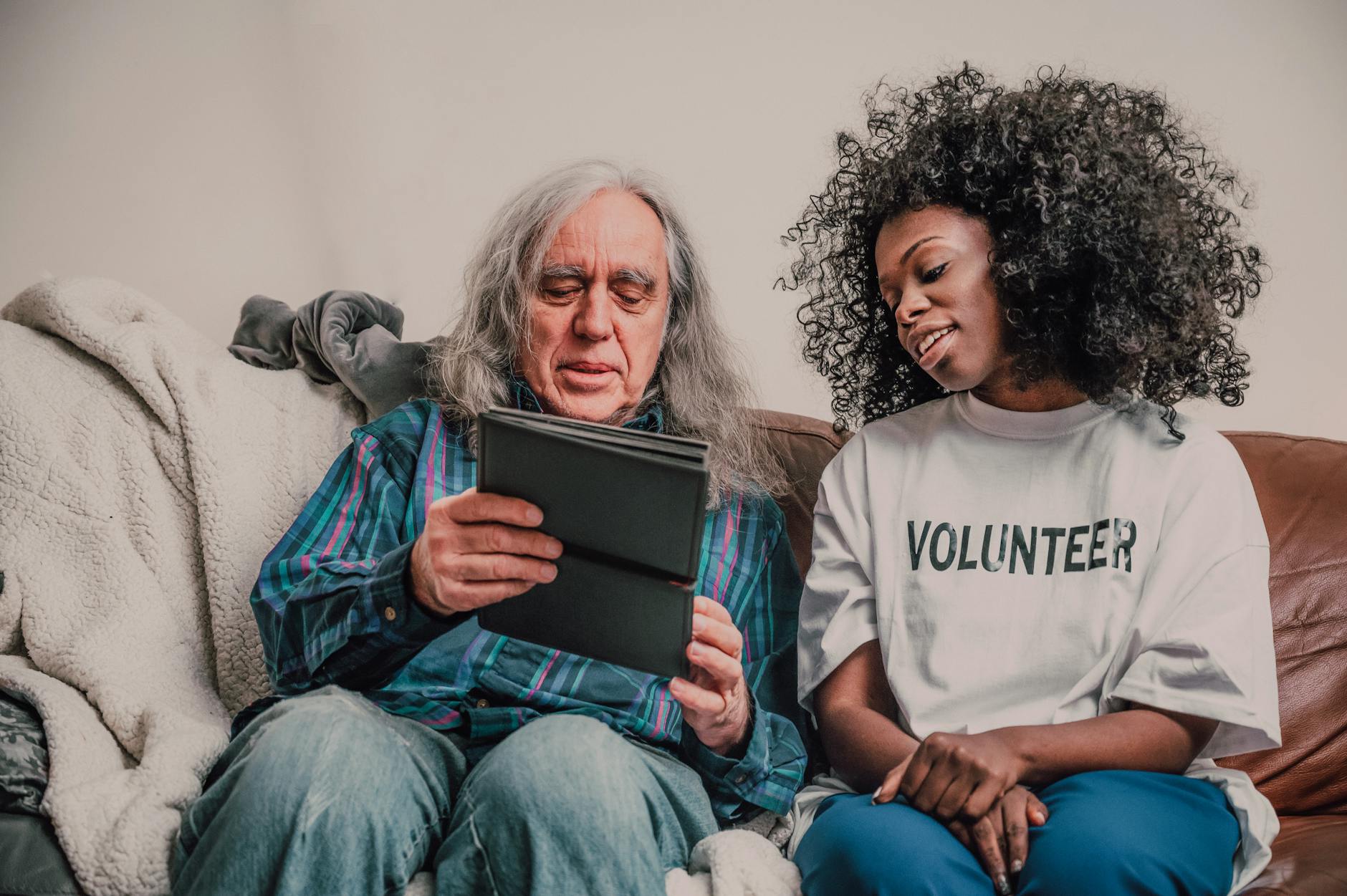
Open Education isn’t just about creating and using free tools for education. It’s about connecting with the ideas around open education and open source to create a more equitable space for us all.
Clint Lalonde shares two ideas on how open education can support digital literacy skills, as outlined in the British Columbia post-secondary Digital Literacy Framework.
While the first idea of having students edit/add Wikipedia articles is great, the second one, using GenAI tools to modify open texts, is a winner.
The second example I used focused on educators, and I picked a more contemporary example of using an open textbook with Generative AI to develop ancillary support materials using the open textbook as the reference material. When I was at the Open Education conference in Providence a few weeks ago, there were a few presentations about how educators are using GenAI with openly licensed materials to modify, adapt, or create ancillary resources. A particularly powerful example of this is instructors uploading a chapter of an openly licensed textbook to a GenAI tool, then asking the tool to rewrite the chapter to adjust the reading level.
And here is his full CC-BY licensed slide deck.
The Eclectic Educator is a free resource for everyone passionate about education and creativity. If you enjoy the content and want to support the newsletter, consider becoming a paid subscriber. Your support helps keep the insights and inspiration coming!
